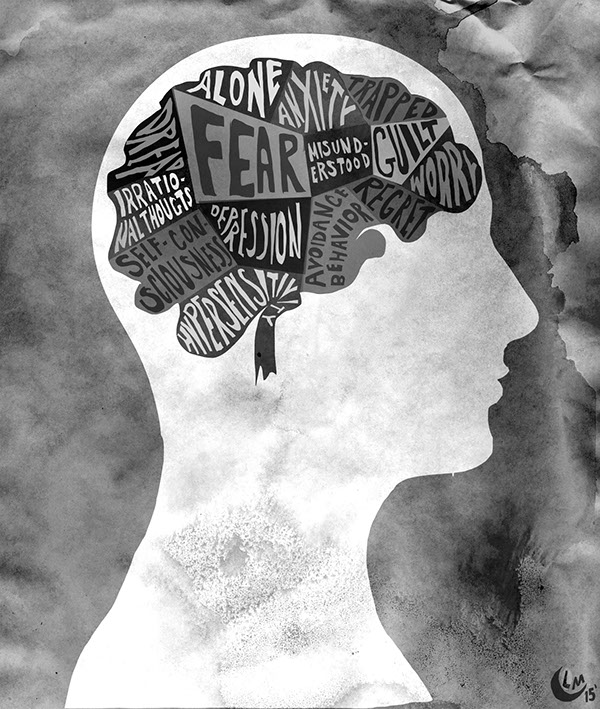We are evolutionarily wired for stress. It’s innate and in our genetic makeup passed on from generation to generation. For our early ancestors, living in a natural world surrounded by predators and external dangers, the flight/fight/freeze response was crucial to survival. The same alarm system still exists today for the same survival purpose evolution originally intended.
What is different is that in our modern world today, the more likely sources of threat (at least for those of us living in the industrialized world) are emotional. Our systems (biological, psychological and physiological) are all interacting with each other in subtle and complex ways, which means, when one system is under threat, the others are impacted in some way, leading to overall impact on our general well being.
A stress response is activated when an event (physical or emotional) in our environment is perceived as threatening. As human beings we make rapid assessments using our central nervous system to interpret an event and prepare ourselves to respond. Our response will be a combination of physiological and behavioral reactions equal to the perceived degree of threat. The reactions vary from person to person based on the experiences a person has had in their life that shape the way they see the threat and how sensitive they are to environmental ‘cues.’
Acute v Chronic stress
On one hand, stress can be seen as a physiological event needed for survival, on the other, it is increasingly being seen to have a damaging effect that impacts our long term health negatively. To better understand this difference, it’s important to differentiate between acute and chronic stress.
Acute stress triggers an immediate response in the nervous, hormonal and immune systems, activating flight/fight/freeze reactions that help us survive impending danger. These are highly effective responses and have been adapted over time. With chronic stress, the same systems are activated (over and over) but without being resolved. Our bodies have a way of discharging the energy accumulated in us when we have reacted to an actual threat or danger. When there is no actual threat, and it is only perceived, then our systems never work through the discharge process, because the threat continues to exist for us. The effect is elevated cortisol and adrenaline levels which can damage tissue, raise blood pressure and compromise our immune functioning.
Since we are such a highly adaptive species, we can grow to accommodate high levels of cortisol and other stress hormones and feel as if this is normal. An example of our adaptability without realizing is the temperature. If, in February the temperature is 55 degrees, we would likely put on shorts and go outside. In contrast, if it was August and the temperature drops to 55 degrees, we will put on sweaters and jackets. This difference in response is only based on our bodies innate way of adapting to its environment. The circumstances of our early lives, including our home environment may have demanded a state of high arousal and hyper-vigilance. Without any conscious awareness our body’s stress responses can remain highly active (we perceived it as necessary to ‘survive’). Later in life, when the environment is no longer requiring the vigilance, it may create unease in the individual who has adapted to their hormonal high, often searching harder for threat. This state of addiction to our own stress hormones may have serious implications for our long term functioning and health.
What can be done about it?
Sometimes, when we feel there is a stressor in our lives we will try to solve the problem by analyzing it or work even harder to force something to change. Alternatively, we may emotionally try and solve the problem by holding resentments, using magical thinking, avoiding, or blaming others. These strategies give us short term relief, but they allow the toxic stress to remain in the long term.
A more productive way of addressing stress in your life could include:
Being more aware of the choice you have to not over-react to stressors
Try to take a more objective view of your stressor
Communicate instead of ruminate.
Accept yourself (and others).
Make connections with people to have social support in place.
Deal effectively with mistakes. Seeing them as opportunities for growth instead of reasons to beat yourself up about.
Develop self-discipline and control by remaining as focused on your values in life as possible as a means of choice making.
Practice, practice, practice. Be purposeful and intentional in your effort for change and growth.
If you, or someone you know, would like help coping with stress and its impact on life, consider contacting me at (717) 288-5064 / gregghammond@restoringbalancelancaster.com and schedule an appointment today.



























